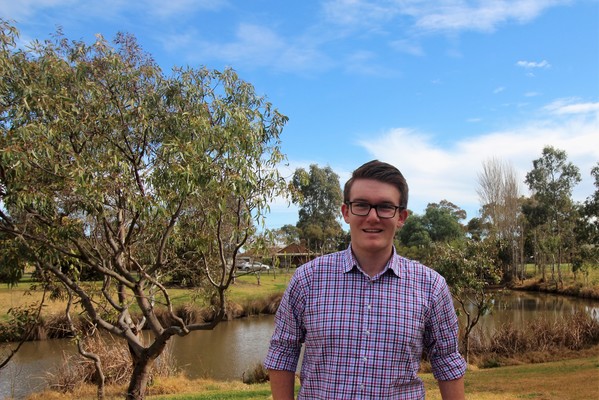Two more candidates have emerged to represent northern Geelong on the council, setting up the ward with the least seats at City Hall with one of the hottest election contests.
Norlane 24-year-old Robert Blaszczyk announced to the Indy this week that he would stand in Windermere, giving the ward eight confirmed candidates so far.
Windermere will have two councillors compared to a trio each in the other three wards.
Mr Blaszczyk said he was a Labor party member but was running as an independent.
Northern Geelong had been Mr Blaszczyk’s home his “entire life”, he said.
“I grew up experiencing the northern suburbs in all their prosperity and glory.
“I am standing for Windermere Ward because we need a strong voice of advocacy and because we, as a community, deserve better.”
Mr Blaszczyk, who said he worked in financial services, nominated “areas of interest” as youth engagement, small-business growth, community safety, and improving the northern suburbs’ “profile” to visitors passing through.
Mr Blaszczyk’s stand followed former Afghan refugee Moshtagh Heidari announcing himself on the weekend as Windermere’s seventh candidate.
The 23-year-old Lovely Banks student said he had become “very passionate” about northern Geelong after arriving in Australia five years ago.
Mr Heidari alluded to the apparent higher rate of public investment in central Geelong when making his pitch to voters in the north.
“It shouldn’t take a half-hour drive into the CBD before we can see $45 million libraries and green wedges,” he said.
“I want to help encourage a higher level of investment into the north where our residents can fully enjoy and utilise these facilities. I want to get on with the job and give back to a community that has given me so much.”
A postal vote will decide the 11 councillors on 27 October.
Geelong’s central Brownbill Ward has 13 candidates so far, southern Kardinia has three and Bellarine two.
A postal vote will decide the 11 councillors on 27 October.
The councillors will then choose the mayor from among themselves after the Andrews Government removed Geelong’s direct mayoral vote and restructured the council.
More candidates for election hot seat

Digital Edition
Subscribe
Get an all ACCESS PASS to the News and your Digital Edition with an online subscription
Are Photochromic Sunglasses Really the One Size That Fits All?
The unpredictability of Victoria’s weather is well known, with locals and visitors alike consistently caught out by its ‘four-season days’. You know the ones...








